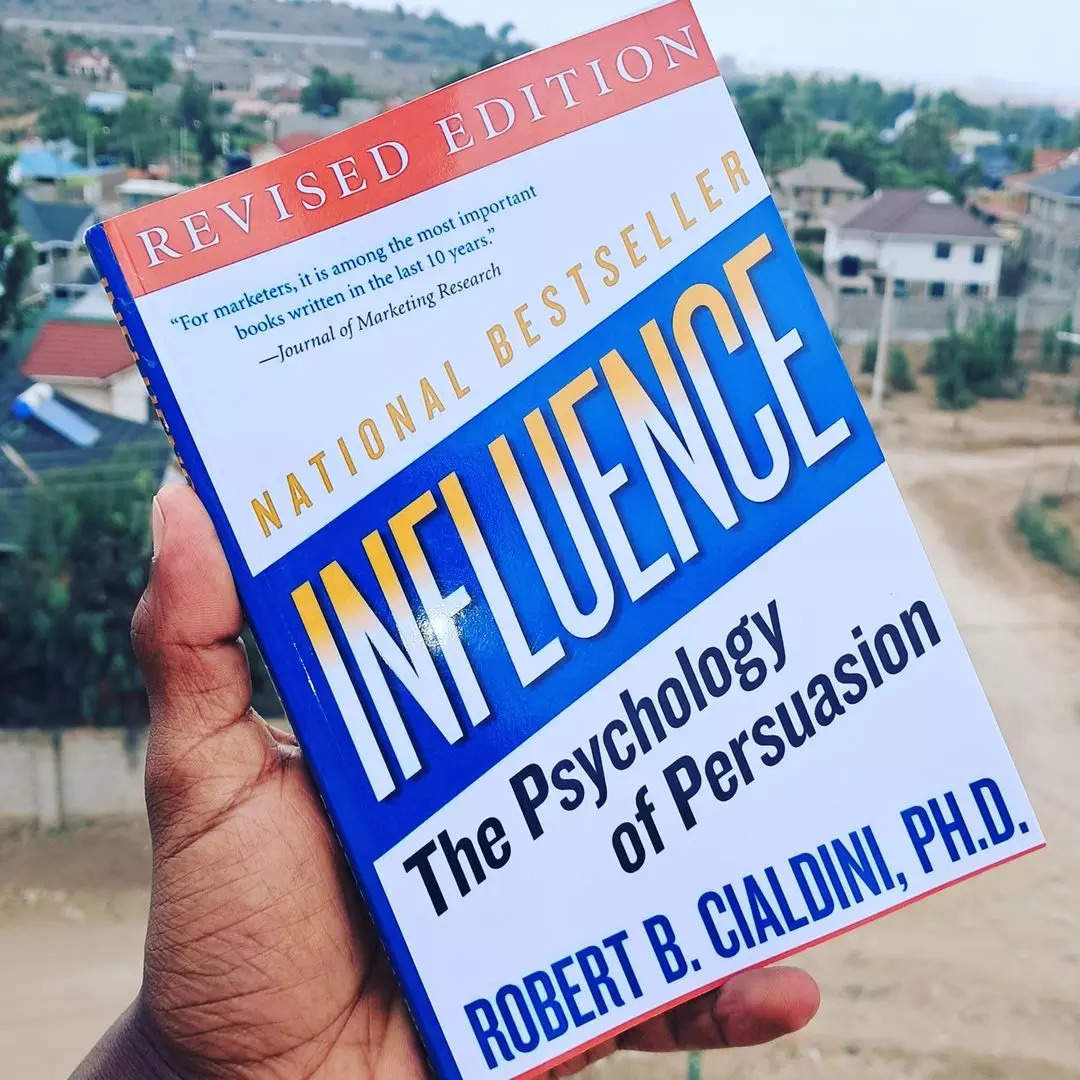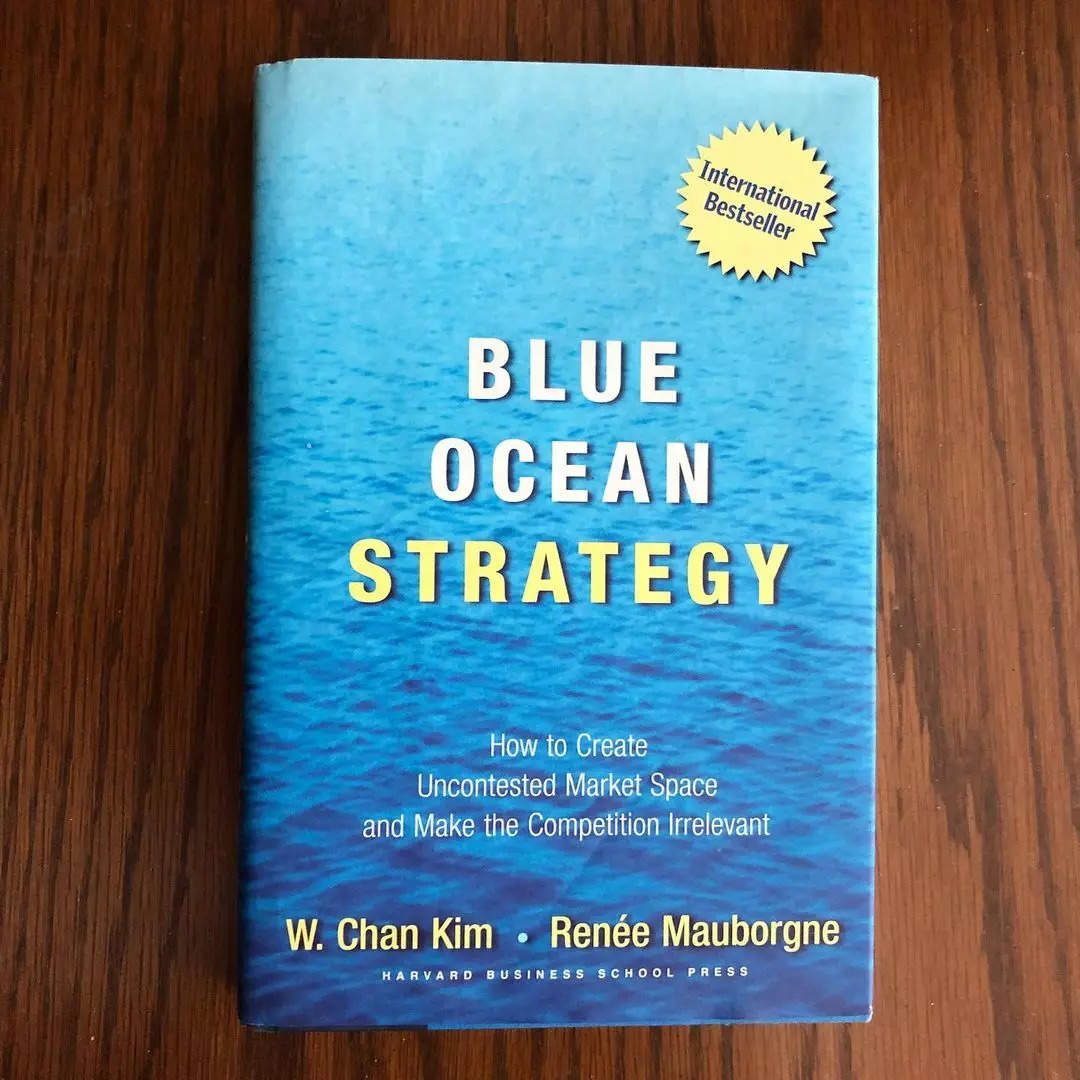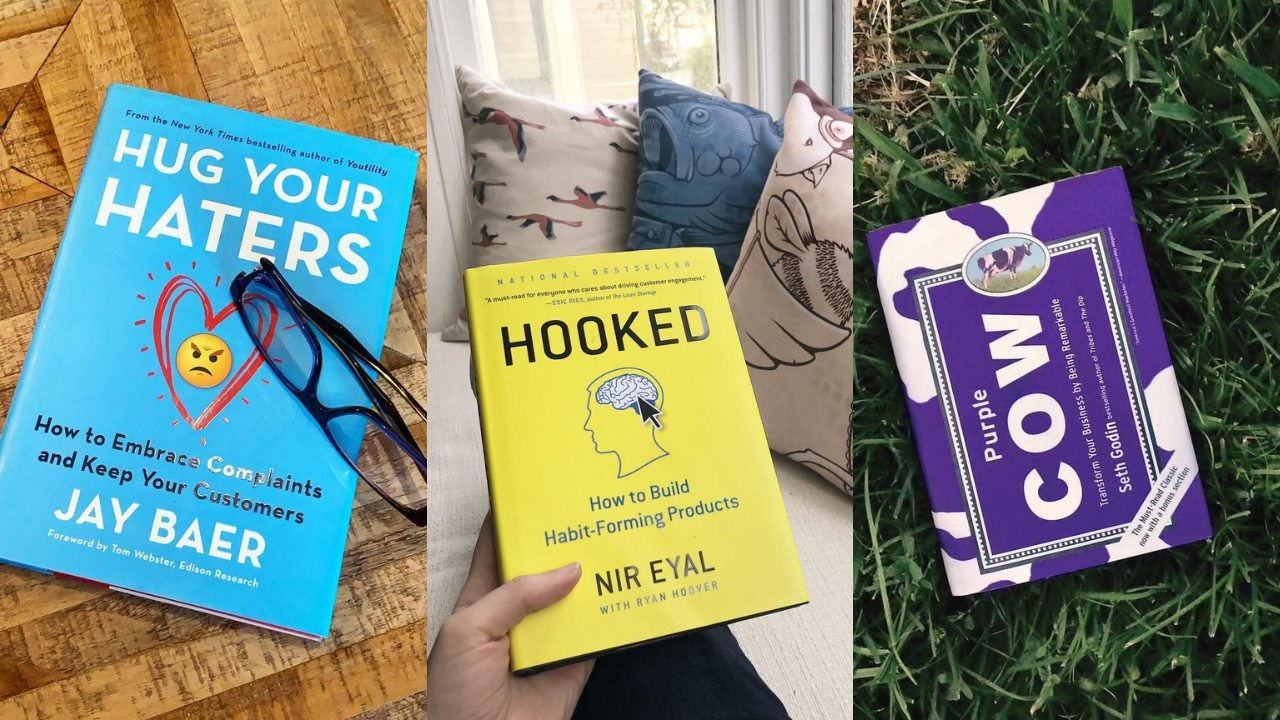10 Non-Fiction Books Giving More Practical Knowledge Than a Marketing Degree (Picture Credit – Instagram)
A marketing degree can provide a solid foundation in the principles and theories of marketing, but real-world experience and practical knowledge often come from beyond the classroom. Here are 10 non-fiction books that offer more practical knowledge than a marketing degree, equipping you with insights and skills to excel in the marketing field.
1. Influence: The Psychology of Persuasion by Robert B. Cialdini
‘Influence’ delves into the psychology behind why people say “yes” and how to apply these understandings in various situations. Cialdini outlines six principles of persuasion: reciprocity, commitment and consistency, social proof, authority, liking, and scarcity. Understanding these principles helps marketers create compelling campaigns that effectively influence consumer behaviour.
 Influence Book (Picture Credit – Instagram)
Influence Book (Picture Credit – Instagram)
2. Contagious: How to Build Word of Mouth in the Digital Age by Jonah Berger
In ‘Contagious’, Jonah Berger explores what makes certain ideas and products go viral. He presents the STEPPS framework: Social Currency, Triggers, Emotion, Public, Practical Value, and Stories. These elements help marketers create content and campaigns that naturally encourage people to share, thus amplifying the reach and impact of their marketing efforts.
3. Made to Stick: Why Some Ideas Survive and Others Die by Chip Heath and Dan Heath
‘Made to Stick’ offers insights into why some ideas catch on while others fade away. The Heath brothers introduce the SUCCESs framework: Simple, Unexpected, Concrete, Credible, Emotional, and Stories. By applying these principles, marketers can craft messages that are memorable and impactful, ensuring their marketing campaigns resonate with their target audience.
4. Building a StoryBrand: Clarify Your Message So Customers Will Listen by Donald Miller
Donald Miller’s ‘Building a StoryBrand’ emphasizes the importance of clear messaging. Using the StoryBrand Framework, Miller guides marketers through creating a compelling brand story that positions the customer as the hero and the brand as the guide. This approach helps businesses communicate more effectively and connect with their audience on a deeper level.
5. Purple Cow: Transform Your Business by Being Remarkable by Seth Godin
‘Purple Cow’ is a call to action for marketers to create remarkable products and services that stand out in a crowded marketplace. Seth Godin argues that being ordinary is a recipe for failure in today’s competitive environment. Instead, marketers should strive to create “purple cows”—products and services that are unique and worth talking about.
6. Hooked: How to Build Habit-Forming Products by Nir Eyal
Nir Eyal’s ‘Hooked’ provides a practical guide for creating products that people can’t put down. The book introduces the Hook Model, which includes Trigger, Action, Variable Reward, and Investment. By understanding and applying these principles, marketers can design products and experiences that build habit-forming behaviours in their customers, leading to increased engagement and loyalty.
7. The Lean Startup: How Today’s Entrepreneurs Use Continuous Innovation to Create Radically Successful Businesses by Eric Ries
‘The Lean Startup’ emphasizes the importance of continuous innovation and customer feedback in developing successful products and businesses. Eric Ries introduces concepts like the Minimum Viable Product (MVP) and the Build-Measure-Learn feedback loop. These principles help marketers and entrepreneurs create products that meet customer needs and adapt quickly to changing market conditions.
8. Crushing It!: How Great Entrepreneurs Build Their Business and Influence—and How You Can, Too by Gary Vaynerchuk
Gary Vaynerchuk’s ‘Crushing It!’ provides practical advice on building a personal brand and leveraging social media to grow a business. Vaynerchuk shares stories of entrepreneurs who have successfully used social media platforms to create and expand their brands. His insights help marketers understand how to effectively use social media to connect with their audience and build a loyal following.
9. Blue Ocean Strategy: How to Create Uncontested Market Space and Make the Competition Irrelevant by W. Chan Kim and Renée Mauborgne
‘Blue Ocean Strategy’ challenges traditional competitive strategies by encouraging businesses to create “blue oceans”—untapped market spaces ripe for innovation. Kim and Mauborgne provide tools and frameworks for identifying and developing new markets, helping marketers and business leaders break away from the competition and achieve sustained growth.
 Blue Ocean Strategy (Picture Credit – Instagram)
Blue Ocean Strategy (Picture Credit – Instagram)
10. Hug Your Haters: How to Embrace Complaints and Keep Your Customers by Jay Baer
‘Hug Your Haters’ by Jay Baer offers a fresh perspective on customer service and marketing. Baer emphasizes the importance of addressing customer complaints and turning negative feedback into positive opportunities. By embracing and responding to all types of customer feedback, businesses can build stronger relationships and improve their brand reputation. This book provides practical strategies for handling complaints effectively and using them to enhance customer loyalty and satisfaction.
These 10 non-fiction books provide practical knowledge and insights that often surpass what is taught in a traditional marketing degree program. From understanding consumer psychology to building habit-forming products and leveraging social media, these books cover a wide range of topics essential for modern marketers. By incorporating the lessons from these books into your marketing strategies, you can gain a competitive edge and drive meaningful results for your business. Whether you’re an experienced marketer or just starting, these books are valuable resources for enhancing your skills and achieving success in the ever-evolving field of marketing.




